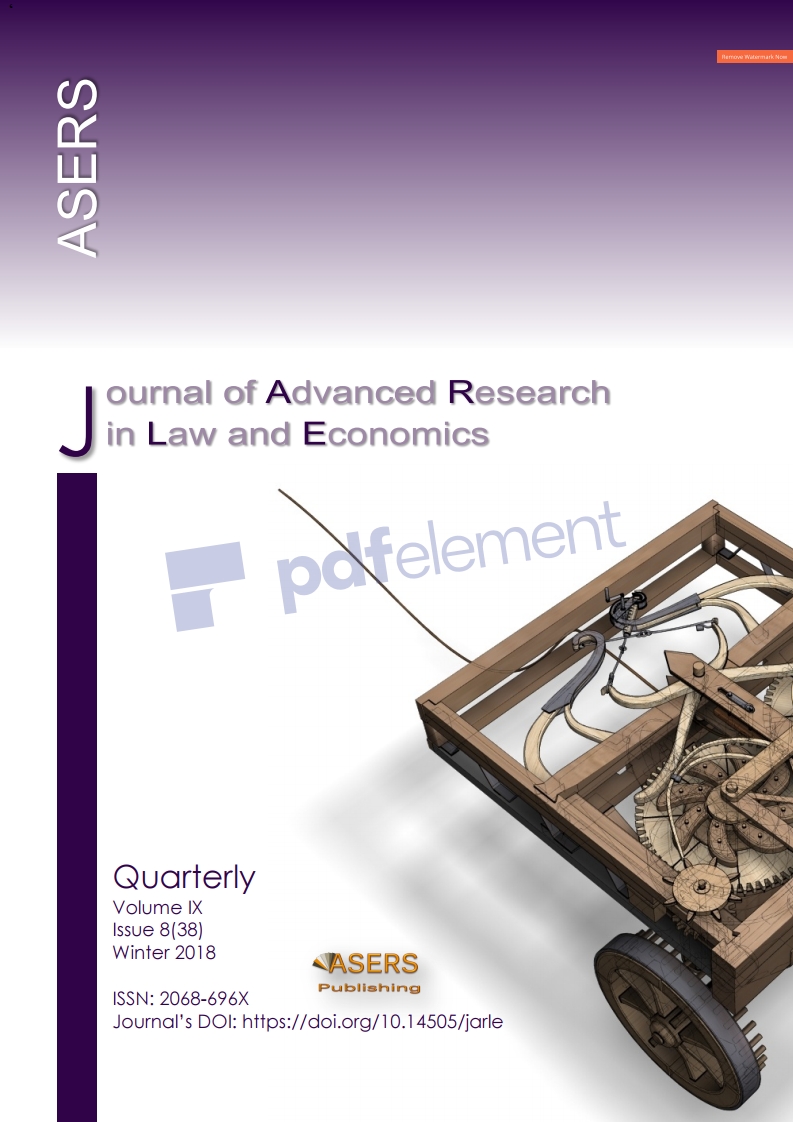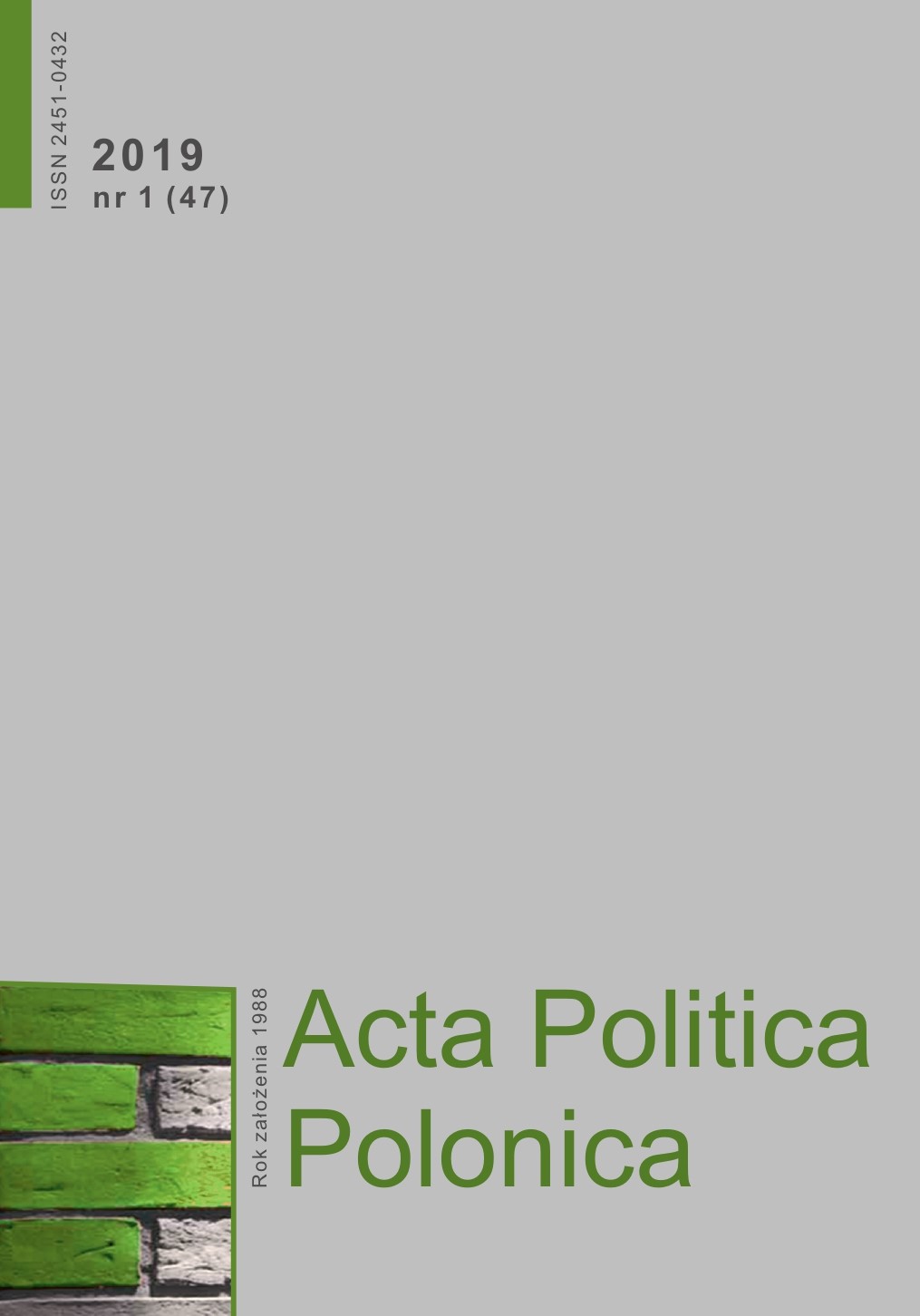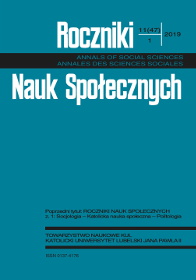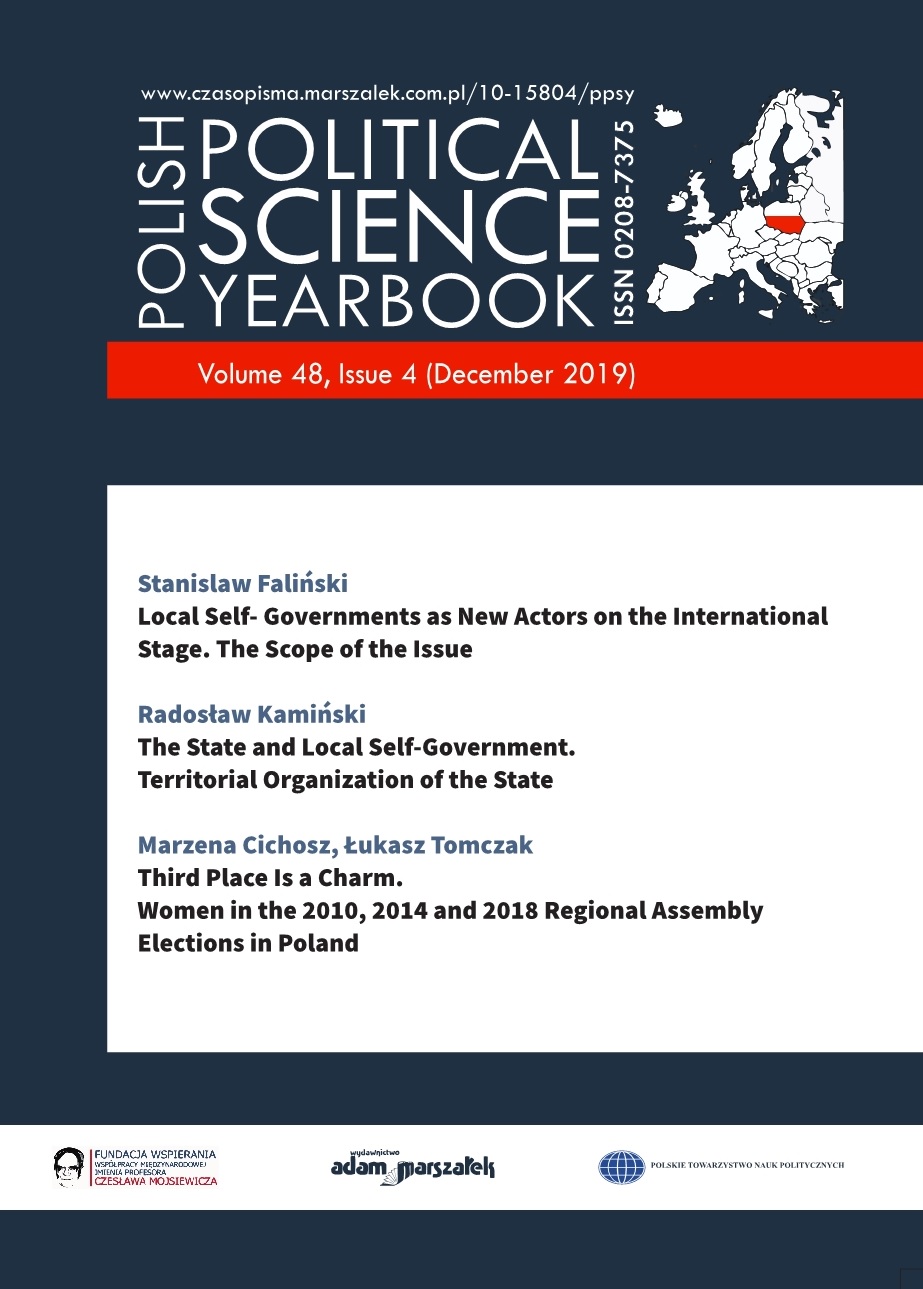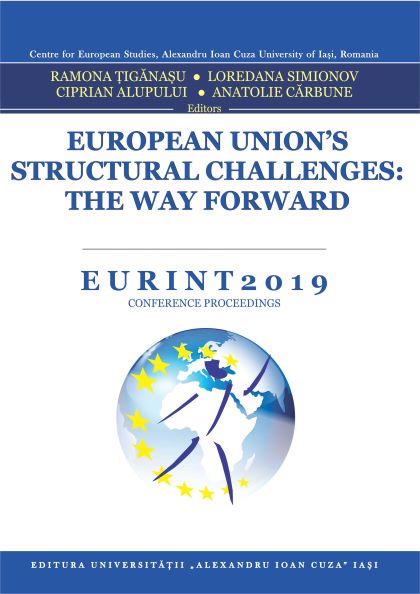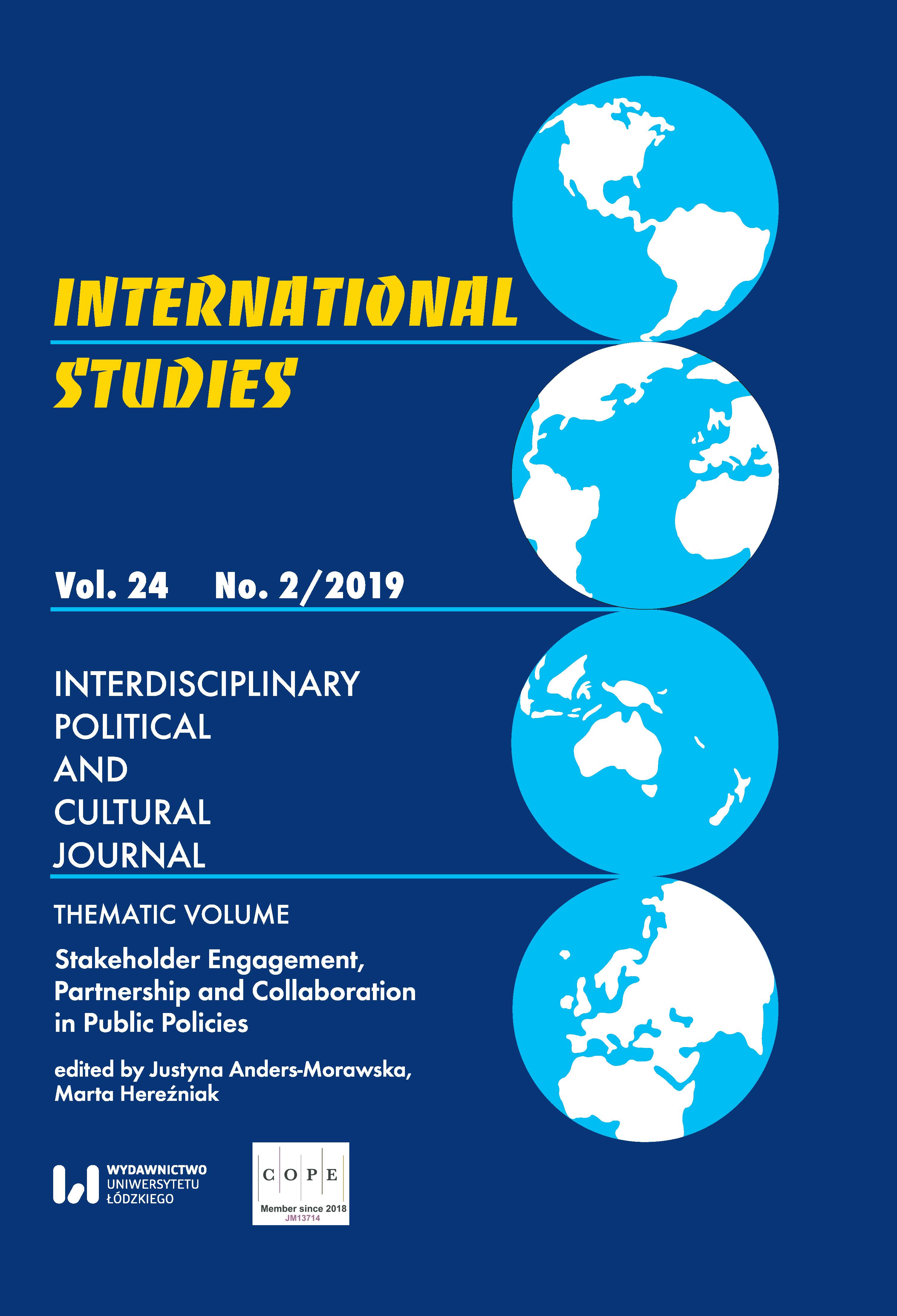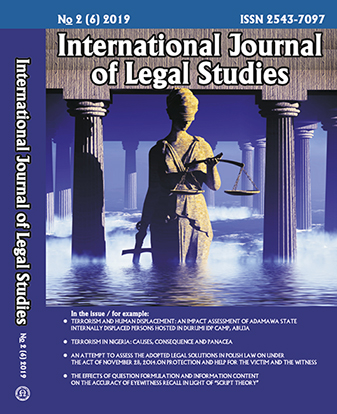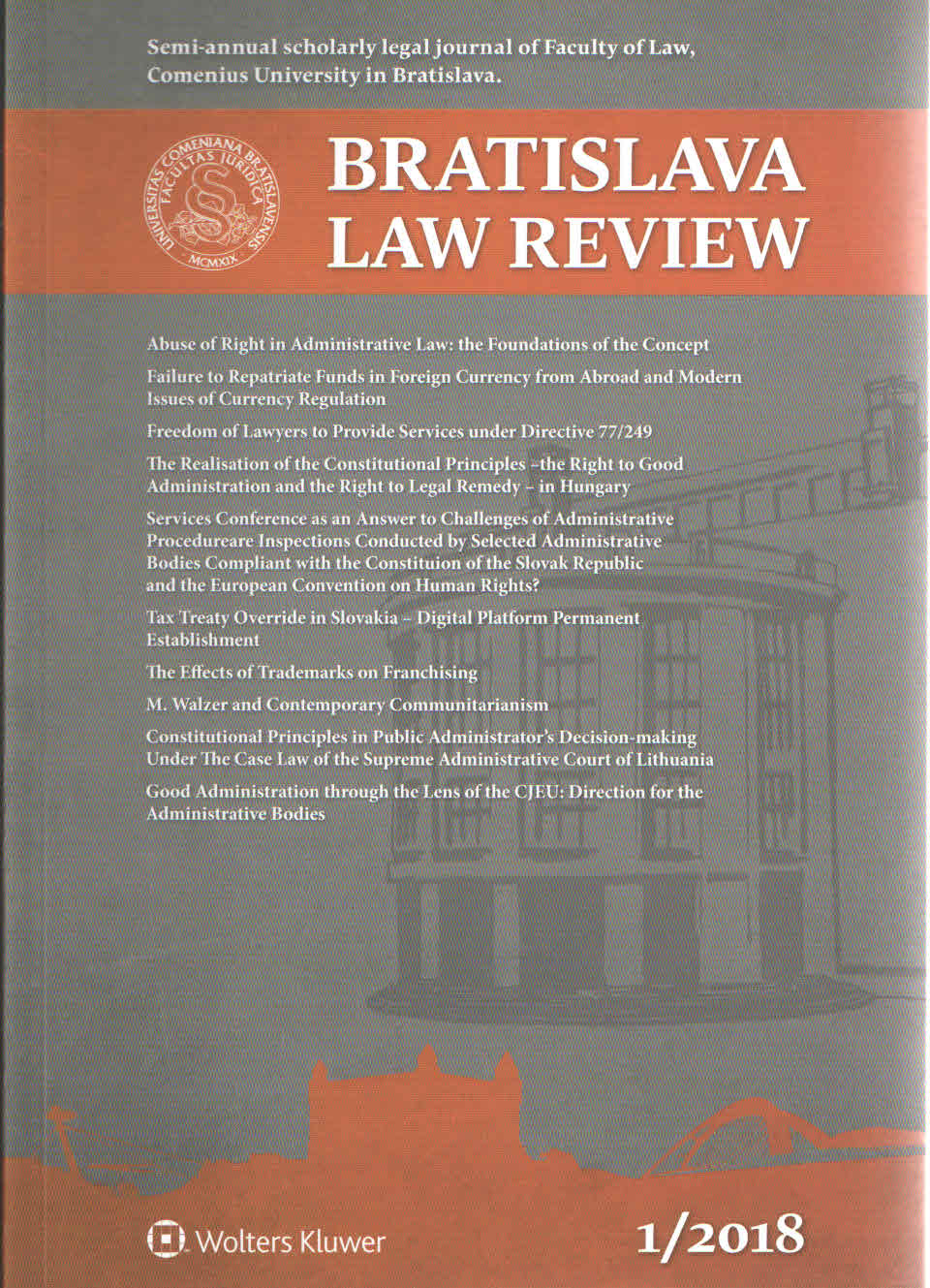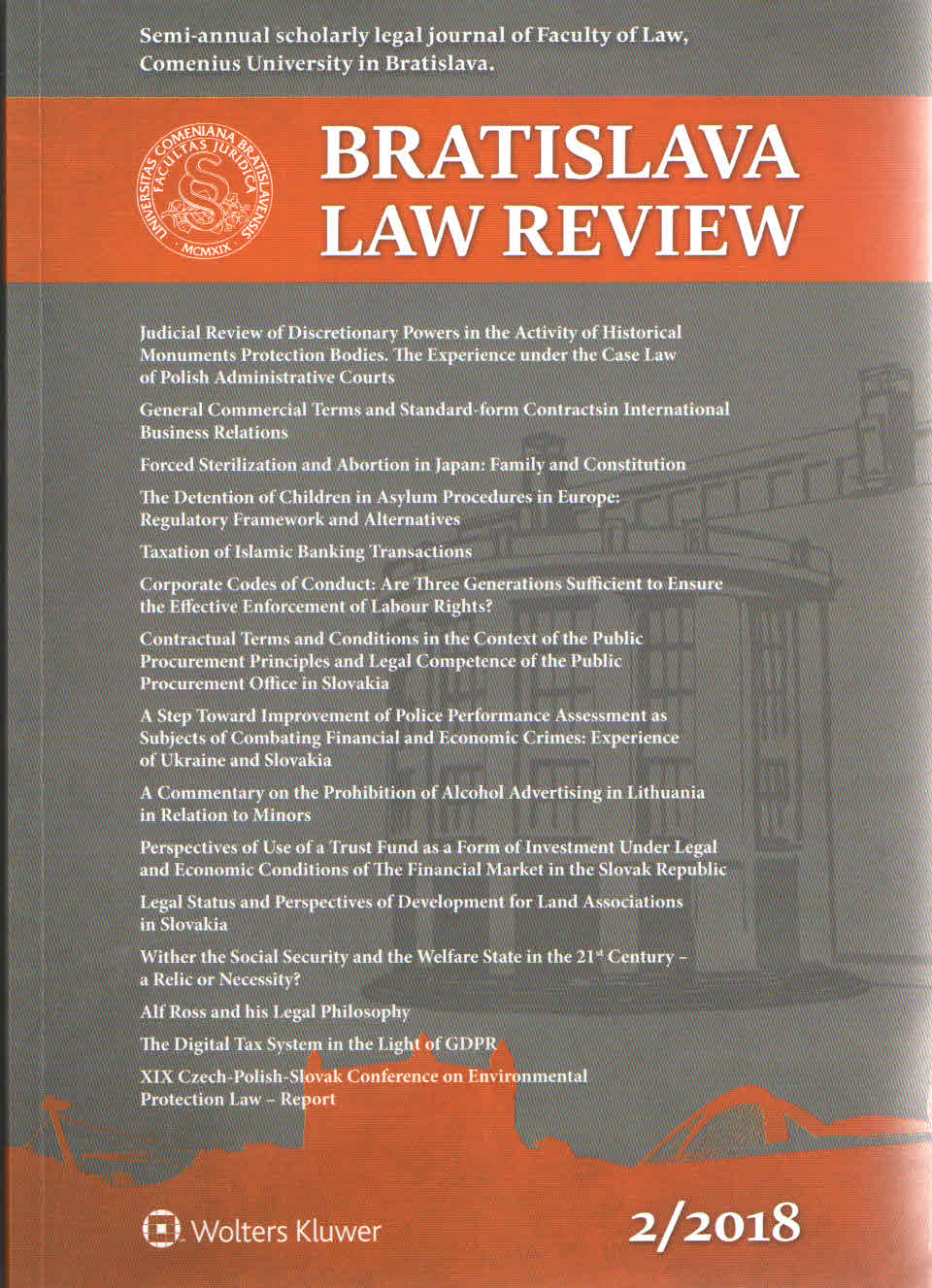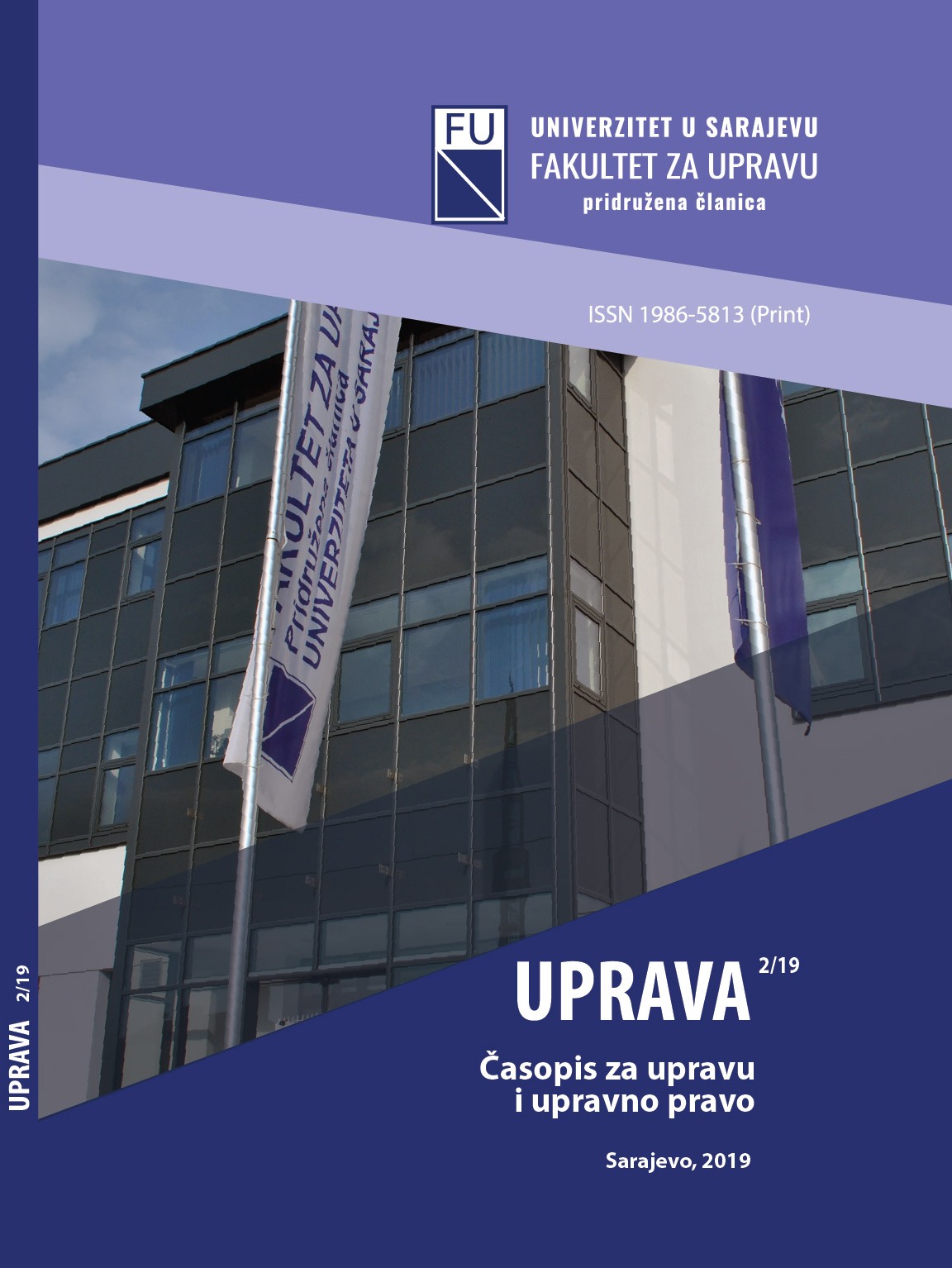Author(s): Suada Kuljaninović,Fahrudin Fehrić / Language(s): Bosnian
Issue: 20/2019
The authors are elaborating the marginalisation of domestic science taught in their management expression, and conclude that Bosnian and Herzegovinian science taught is not matching with the interest of plural political public and imperfect political market yet to be developed which at significant level has a negative effect on re-defining the concept of public sector at all levels. Awareness on needs to reform the public sector is present for quite some time now in the developed part of the world, whereas in Bosnia and Herzegovina, the public sector is still closed, missmatched and represents quite outdated part of unprofit sector, which in the most profitable sense serves those who do not want its modernisation. However, regardless the condition, it is evident that one of the main challenges of the management in the public sector is the need to provide the most qualitative service to their users, service described as positive, effective and expected. Moreover, one of the basic issues in functioning of public sector is centralized way of providing public services
and goods, whose main idea is to try to provide public goods, i.e. services to entire population in equal manner. This means that entire service providing is defined by the center itself, top of the public authority without previously conducted research in needs and preferences of some social groups which causes the inability to make a choice, and thus the dissatisfaction of public service users. One of the main problems of transition countries, including Bosnia and Herzegovina, is that the idea of modern management and the very notion of “managers” in the public sector, especially in our political environment, are not adequately valued, resulting in outdated or inadequate governance, public goods, dissatisfaction with users of public services, and poor image of the community at in general. These occasions should be added to the widespread corruption in the public and private sectors in Bosnia and Herzegovina, which has long been recognized as one of the greatest obstacles to the country’s progress, and which threatens to destroy any normal initiative and investment if not
suppressed or at least minimized. The consequences of this situation in the country are the stratification of society, the maintenance of the concept of criminal enrichment of people, unsuccessful privatization processes, etc. These are the reasons why it is increasingly accepted by the Bosnia and Herzegovinian public that knowledge, skills and abilities are not needed to achieve success, earn wealth or earn professional status in the profession. All of these and many other circumstances have influenced the overall management practice and (in) efficiency of business, especially in the public sector. In order to establish better governance in the public sector in these
circumstances, by outsourcing, in the face of competitive competition, it is inevitable that public sector jobs and activities must be entrusted to partner institutions that are not an organizational part of the public sector, but are very well prepared to provide quality and adequate service to their
customers.
More...
